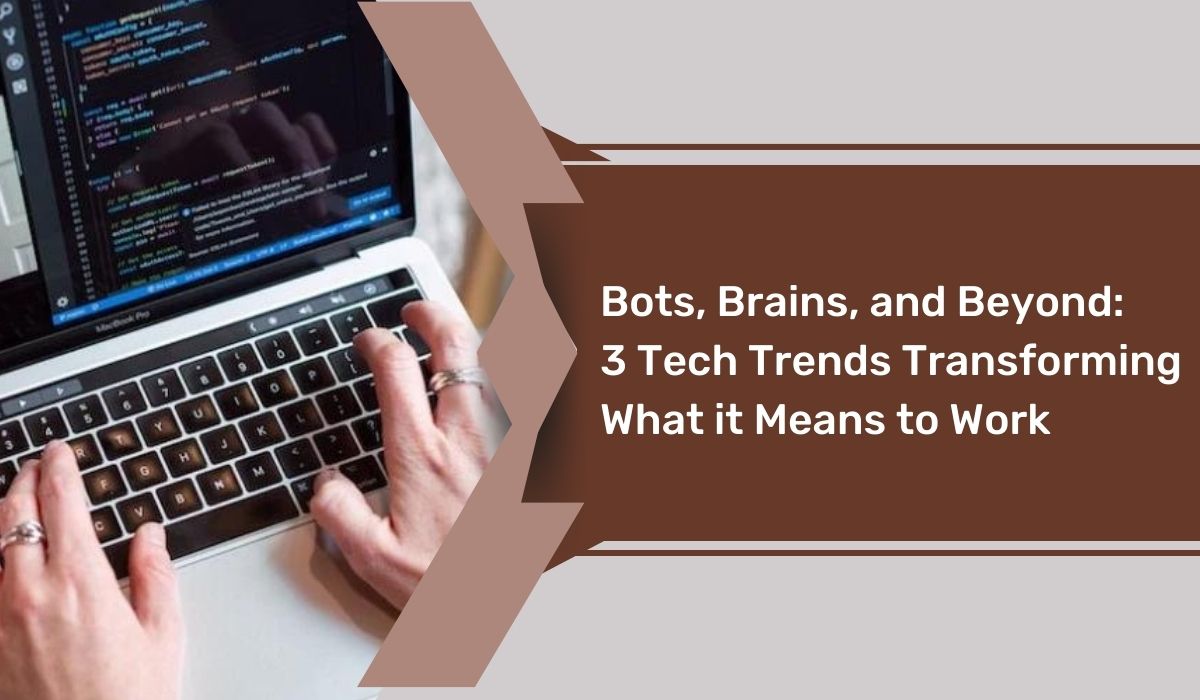
As we stand at the cusp of a new year, the perennial anticipation of change in the business landscape is more palpable than ever. The realm of workplace technology is set to undergo a transformative shift in 2024, ushering in a wave of innovation and challenges. The advent of ChatGPT a year ago, boasting a staggering 100 million weekly users, marked a paradigm shift in how we approach daily tasks. AI tools, once used for email drafting and document summarization, are evolving to respond to images, voice commands, and perform intricate tasks with minimal human intervention, promising a revolution in our work experiences.
Despite the promises of AI, the landscape remains perplexing, as acknowledged by Roy Bahat, head of Bloomberg Beta, who emphasized the imperative nature of AI skills in one's career trajectory. McKinsey Global Institute's research underscores the profound impact of AI on earnings, with some banks poised for a substantial $340 billion boost. However, the learning curve is steep, not only for individuals but also for corporations, as revealed by JLL's survey highlighting a knowledge gap in generative AI.Wipro, a leading IT company, has committed a substantial $1 billion for training its workforce, recognizing the urgency of integrating generative AI into its offerings. The lexicon of AI, filled with acronyms like GPU, NLP, ML, and LLM, further complicates the learning process. The future, as envisioned by experts like Henry Coutinho-Mason, involves voice-activated chatbots and personalized AI applications, providing a glimpse into a future where information access is tailored to individual needs.
The significance of authenticity in the context of generative AI debates is underlined by Merriam Webster naming it the word of the year for 2023. Meta Platforms Inc. has placed a substantial bet on the metaverse, positioning it as a hub for workplace training and ideation. As the co-founder and CEO of Naer, Sondre Kvam, notes, mixed reality workplaces have the potential to surpass their hybrid counterparts, contributing to a projected growth of the global virtual reality market to $166 billion by 2030.At the core of workplace technology investments lies the pursuit of enhanced productivity. AI producers like Naer propose a future where avatars represent individuals in virtual office spaces, offering a potentially more engaging alternative to traditional teleconferencing. The metaverse, though met with skepticism, is seen as a long-term gamble with potential benefits, especially as a new generation accustomed to touchscreens and gaming enters the workforce.
The impact of AI extends beyond office spaces to talent acquisition and job search. Multiverse, an apprenticeship group founded by Euan Blair, focuses on navigating this digital landscape, encompassing chatbots, metaverse, Slack channels, and LinkedIn. Notably, Upwage, an employment platform for hourly wage workers, introduces the "Super Screener," combining AI technology with a search-based engine to streamline the job application process and save companies substantial costs.However, the rise of AI in recruiting raises concerns about potential bias automation. As the technology progresses, addressing these complexities becomes imperative to ensure fair and equitable hiring practices. Elon Musk's provocative statement about the potential obsolescence of jobs underscores the need for a nuanced understanding of AI's role in the future of work. Despite the challenges, experts like Roy Bahat remain optimistic, asserting that proficiency in AI will be attained, signaling that the journey of humans in the realm of work is far from over.